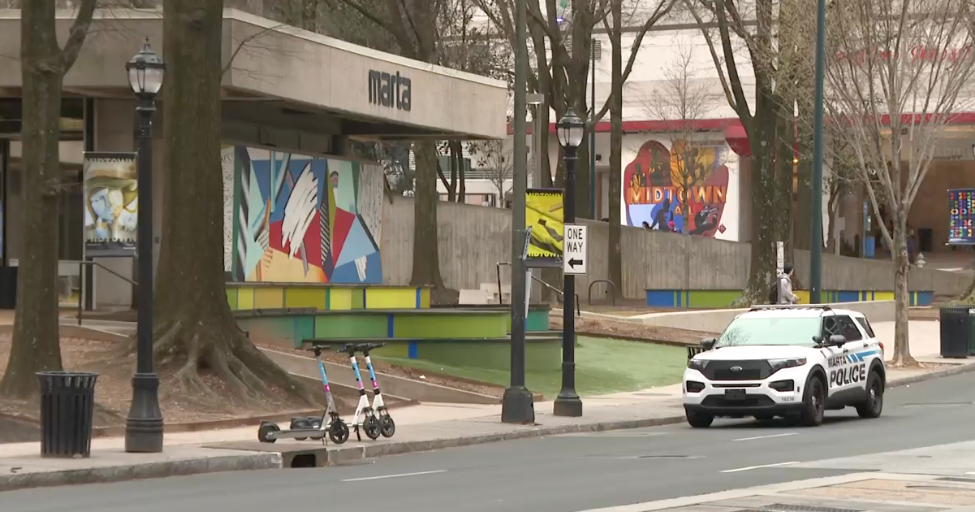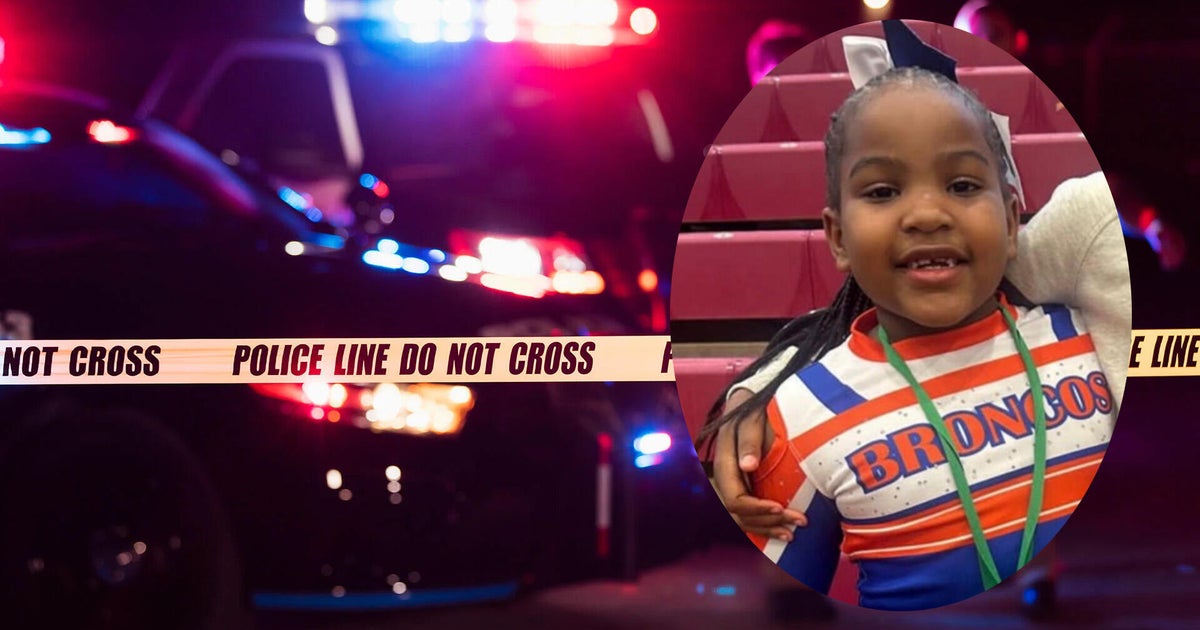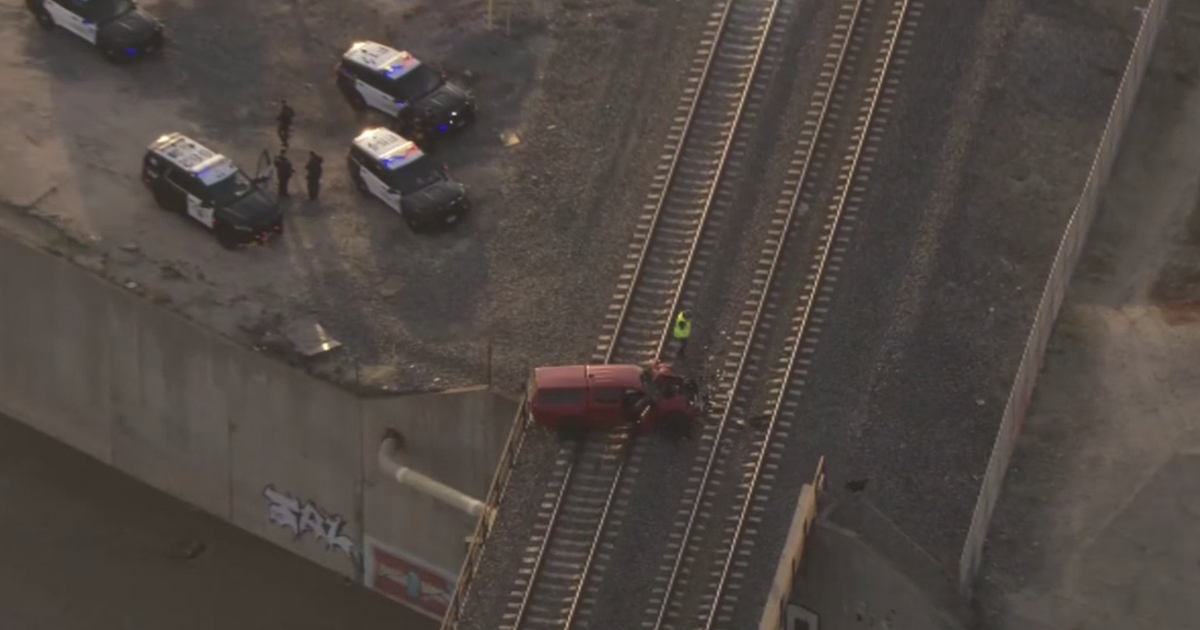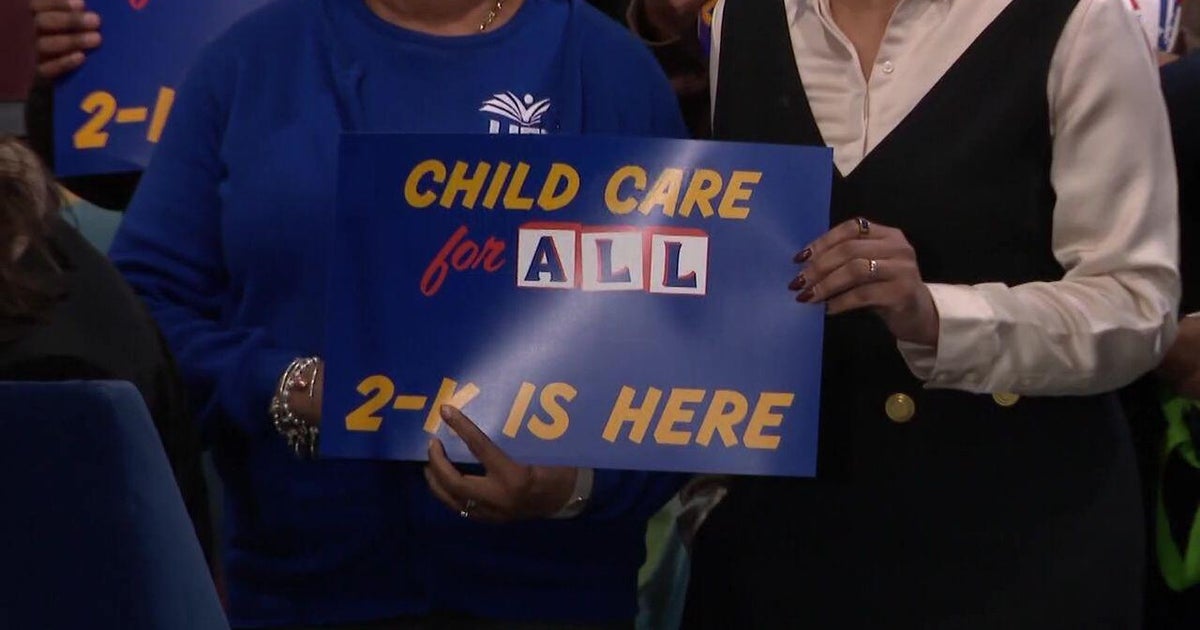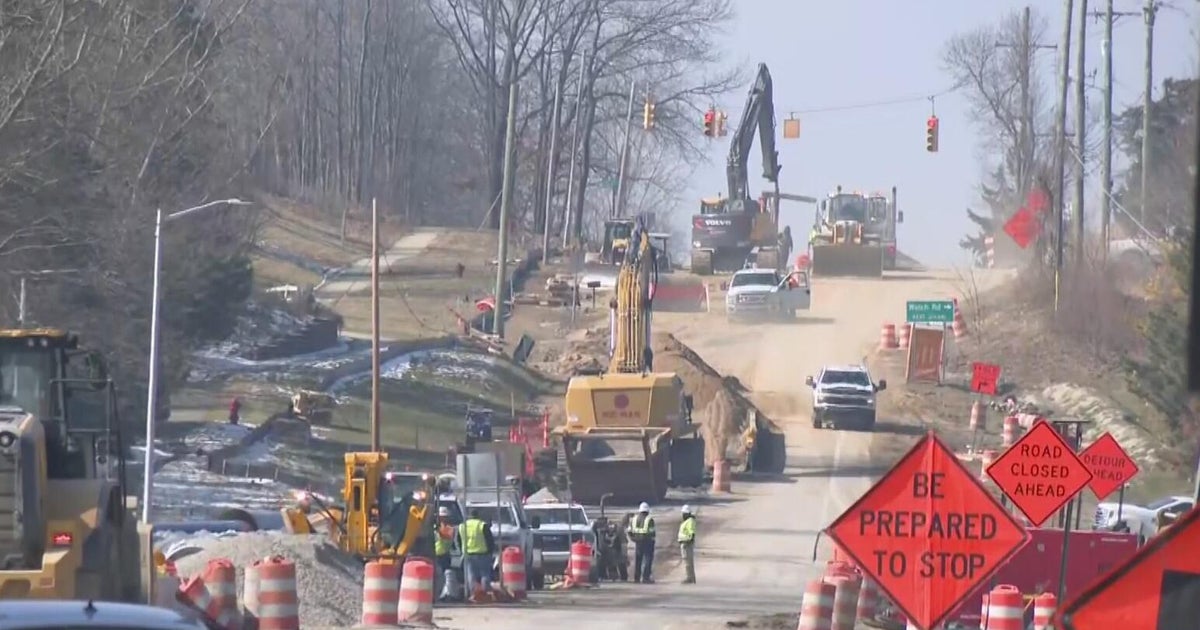Subway crimes prompt Gov. Kathy Hochul to push for change to N.Y.'s involuntary commitment laws
NEW YORK - Gov. Kathy Hochul says the recent surge in violence in the subway "cannot continue."
It's been an especially violent few weeks in the subway system. This week alone, a man survived being shoved onto the tracks and fracturing his skull. The new year also started with three subway stabbings in two days. One of the victims was an MTA employee.
Late last month, Debrina Kawam was set on fire and killed on a train in Coney Island.
"We need to ensure that those who are suffering from severe mental illness are getting the care they need. And we're protecting the innocent bystanders on our subways and on our streets," Hochul said.
Hochul announced plans to spend $1 billion to revamp care, and change New York's involuntary commitment laws. She also called for making changes to Kendra's Law, which provides court-ordered outpatient care for people who are at risk to themselves, or others.
Hochul previously announced plans to boost the National Guard presence in the subway system to 1,000.
"An issue that has plagued New York for decades"
"Many of these horrific incidents have involved people with serious untreated mental illness, the result of a failure to get treatment to people who are living on the streets and are disconnected from our mental health care system. We have a duty to protect the public from random acts of violence, and the only fair and compassionate thing to do is to get our fellow New Yorkers the help they need," Hochul said in a statement.
She says people on the streets with untreated mental illness "is an issue that has plagued New York for decades."
She says she will include new legislation in the executive budget to change New York's involuntary commitment standards.
"Currently hospitals are able to commit individuals whose mental illness puts themselves or others at risk of serious harm, and this legislation will expand that definition to ensure more people receive the care they need," Hochul said in a statement. "I will also introduce companion legislation to change Kendra's Law, improving the process through which a court can order certain individuals to participate in Assisted Outpatient Treatment while also making it easier for individuals to voluntarily sign up for this treatment. I've been pushing these changes for the past three years — the time for legislative action is now."
She said the legislature has rejected similar moves in the past, but she hopes "that everyone in the legislature is paying attention to what is unfolding in our city and in our state."
Adams supports the move
New York City Mayor Eric Adams said he's "exceptionally grateful" to Hochul for the move.
"Denying a person life-saving psychiatric care because their mental illness prevents them from recognizing their desperate need for it is an unacceptable abdication of our moral responsibility," Adams said. "Several recent incidents have shown what happens when these issues go untreated. As we have repeatedly said, we cannot wait for change."
Adams said the city has restored all public hospital psychiatric beds which were closed during the pandemic, doubled Department of Homeless Services outreach staffing, and more since he took office.
"With today's announcement, we are exceptionally grateful to Governor Hochul for listening to our calls and to the calls of everyday New Yorkers, and we look forward to working with her to develop next steps to finally codify these changes into law. There is no dignity in withering away on the streets without the ability to help yourself, and there is no moral superiority in just walking by those individuals and doing nothing. We must stop being so idealistic that we're not realistic," Adams said.
NYCLU responds
The New York Civil Liberties Union said that while Hochul is correct that the status quo regarding mentally ill homeless people is "untenable," the solution she's seeking isn't the right one.
"The change we need is not simply to lock more people away, especially those who pose no immediate threat to themselves or others. That doesn't make us safer, it distracts us from addressing the roots of our problems, and it threatens New Yorkers' rights and liberties," NYCLU Executive Director Donna Lieberman said.
Lieberman said existing involuntary commitment laws are sufficient, but what happens after people are involuntary committed is what needs to change.
"The current system already fails those subject to involuntary commitment. They are bounced from one under-resourced facility after another before returning to the street. With no supportive housing or care manager who can help access scarce mental health and housing services, the cycle repeats. Today's announcement proposes only to widen that spiral," Lieberman said. "The real problem is there are not nearly enough mental health care resources available, especially for those who need them the most, including people subject to involuntary commitment."
Critics say Kendra's law is not the problem
"Kendra's Law has been on the books since 1999. We know how to use it. We just haven't used it. We haven't used it properly. There's no accountability," City Councilman Robert Holden said.
"We don't need to change the law. What we need need to do is change the system so that there are option and opportunities for people to be connected to services," NYCLU senior staff attorney Beth Haroules said.
MTA installs platform barriers as part of safety efforts
The subway safety concerns come as New York City prepares to enact congestion pricing, which in part encourages people who drive to turn to mass transit instead.
"There's a lot less crime than there used to be before COVID and between more cameras, more cops and a ton more outreach workers ... Don't get me wrong, I am with those who want us to always be pushing back to restore full sense of order in the transit system, and we're not gonna stop pushing until we get to a better place where people don't have those concerns," MTA Chair and CEO Janno Lieber said Friday.
As part of the MTA's efforts to help riders feel safer in the subway system, platform barriers have been installed at 14 stations in an attempt to prevent people from being pushed or falling onto the tracks.
"I think it's a good start, at least," Bushwick resident Sam Rettig said.
"I'm not sure if, in terms of the way they're designed, they will be helpful," another commuter said.
The MTA says they have a goal of installing barriers at up to two stations per month. With 472 subway stations across the city, it'll take almost three years to install railings in every station throughout the system.

